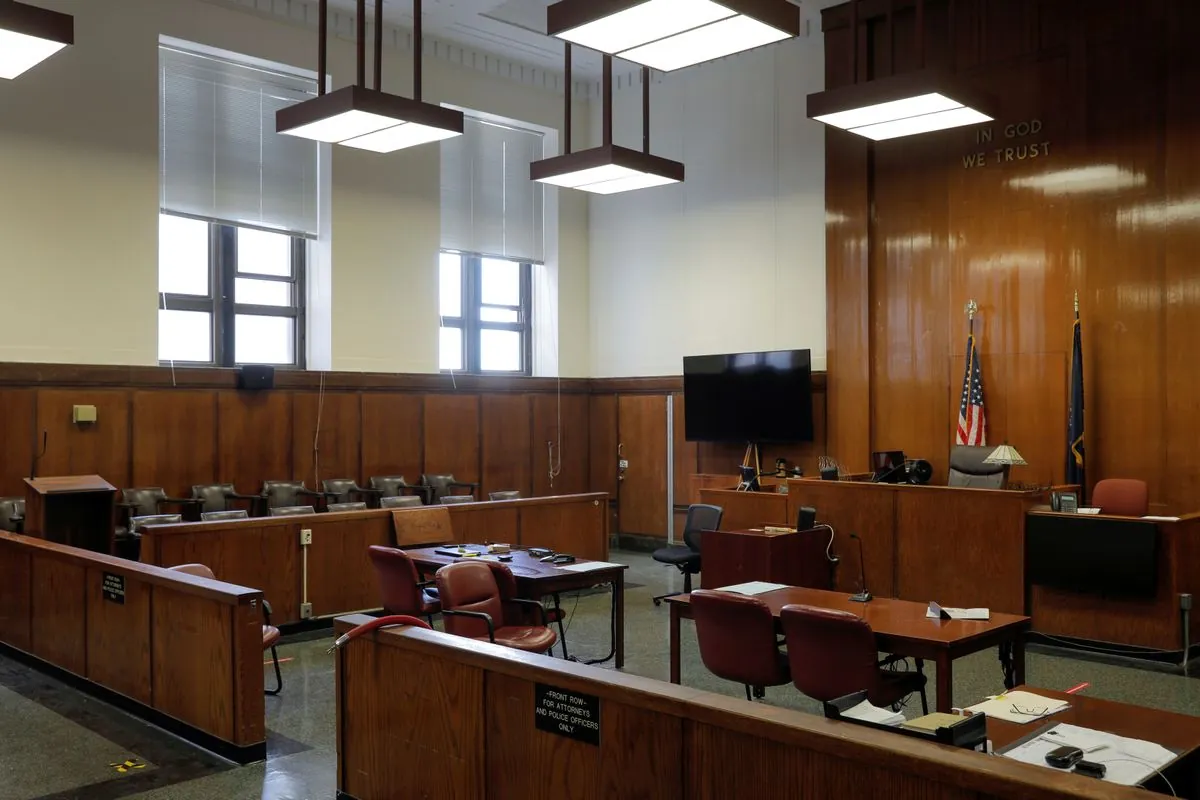Legal Challenges Mount Against DEI Training in US Workplaces
White employees file lawsuits claiming anti-bias training violates civil rights. Courts scrutinize DEI programs, prompting practitioners to adapt approaches. Debate over effectiveness and legality intensifies.

In recent years, Diversity, Equity, and Inclusion (DEI) training programs have faced increasing legal scrutiny in the United States. A series of lawsuits filed by White employees allege that certain anti-bias trainings violate their civil rights, marking a significant shift in the landscape of workplace diversity initiatives.
The controversy gained prominence when Joshua Young, a corrections officer in Colorado, initiated legal action against the state's prison system in June 2024. Young's lawsuit claimed that mandatory anti-racism training created a hostile work environment for White employees. This case is part of a broader trend, with at least seven similar lawsuits pending nationwide.

The evolution of DEI training has been marked by significant shifts over the past six decades. In the 1960s, unconscious bias training became a staple in corporate DEI programs, following the passage of the Civil Rights Act of 1964. By 1976, over 60% of America's largest companies had implemented such training for their managers. The concept of unconscious bias itself was introduced by psychologists Mahzarin Banaji and Anthony Greenwald in 1995, leading to the development of tools like the Implicit Association Test in 1998.
However, the landscape changed dramatically following the murder of George Floyd in 2020. Companies increasingly adopted "anti-racism" training, which emphasizes the pervasiveness of racial prejudice in society. According to Pam McElvane, CEO of DiversityMBA, 85% of monitored companies implemented anti-racism training by 2021, compared to 71% offering unconscious bias training.
The effectiveness of these trainings remains a subject of debate. Research by Harvard sociologist Frank Dobbin suggests that unconscious bias training has been largely ineffective in diversifying workforces. Critics argue that some approaches may inadvertently alienate employees and prove counterproductive.
Legal challenges to DEI training have yielded mixed results. While some cases have been dismissed, others have shaped the boundaries of what employers can include in their programs. A notable example is the case involving Zack De Piero, an English professor at Penn State Abington, whose claim of discrimination was allowed to proceed by a federal judge in January 2024.
"Training on concepts such as 'white privilege,' 'white fragility,' implicit bias, or com can contribute positively to nuanced, important conversations about how to form a healthy and inclusive working environment. Indeed, this is particularly so in an educational institution."
In response to the legal scrutiny, some DEI practitioners are adapting their approaches. Robin DiAngelo, author of "White Fragility," noted that trainers are emphasizing "inclusion" rather than systemic racism. Companies are also increasingly vetting their diversity trainings through legal departments to mitigate potential lawsuits.
As the debate over DEI training continues, it reflects broader societal discussions about race, equity, and workplace culture. The ongoing legal challenges will likely shape the future of diversity initiatives in American workplaces for years to come.


































